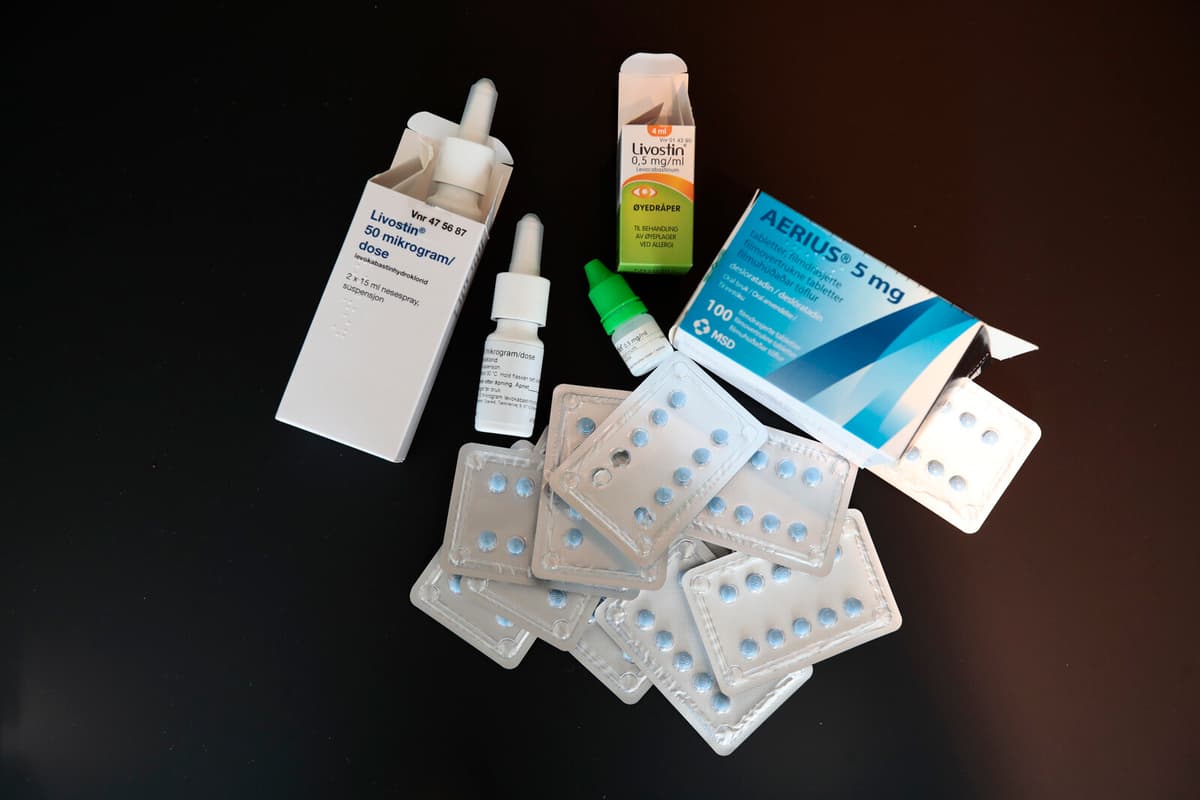A new survey from the Asthma and Allergy Association reveals significant differences between how the country's regions prescribe allergy medication on prescription.
In Värmland, for example, long-term allergy symptoms for at least three months are required to receive medication on prescription, while in Kalmar, four weeks of symptoms are sufficient.
The problem is that healthcare is unequal, depending on where in Sweden patients live. This contradicts the Swedish Health and Medical Care Act. If there were national guidelines for pollen allergy, this would not be a problem. Now, each region has developed its own rules, says the Chairman of the Asthma and Allergy Association, Mikaela Odemyr, to TT.
Can deteriorate
The Asthma and Allergy Association believes that the inequality – and the risk of allergy medications being removed from high-cost protection – can lead to patients' disease worsening.
People with lower economic margins may not treat their allergy sufficiently, which makes them worse. And that makes the cost to society in the long run greater.
Asthma and Allergy Association's demands
To address the problem, the Asthma and Allergy Association demands national guidelines for pollen allergy.
This is necessary to ensure equal care throughout the country. It is also necessary to clearly define what is self-care and what is healthcare. We also want pediatric and adult allergologists in all regions and clear age-adapted assessments, says Odemyr.
Right now, birch pollen levels are very high in the southern parts of Sweden, according to pollenrapporten.se.






